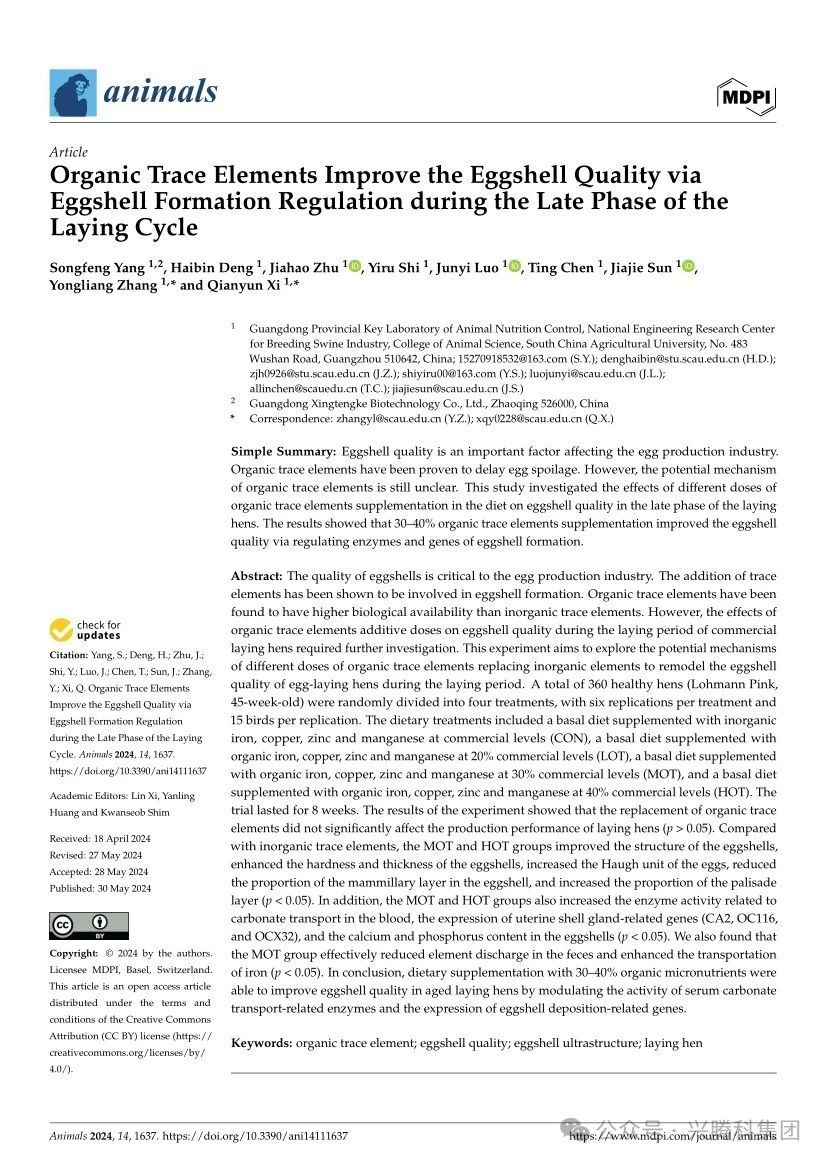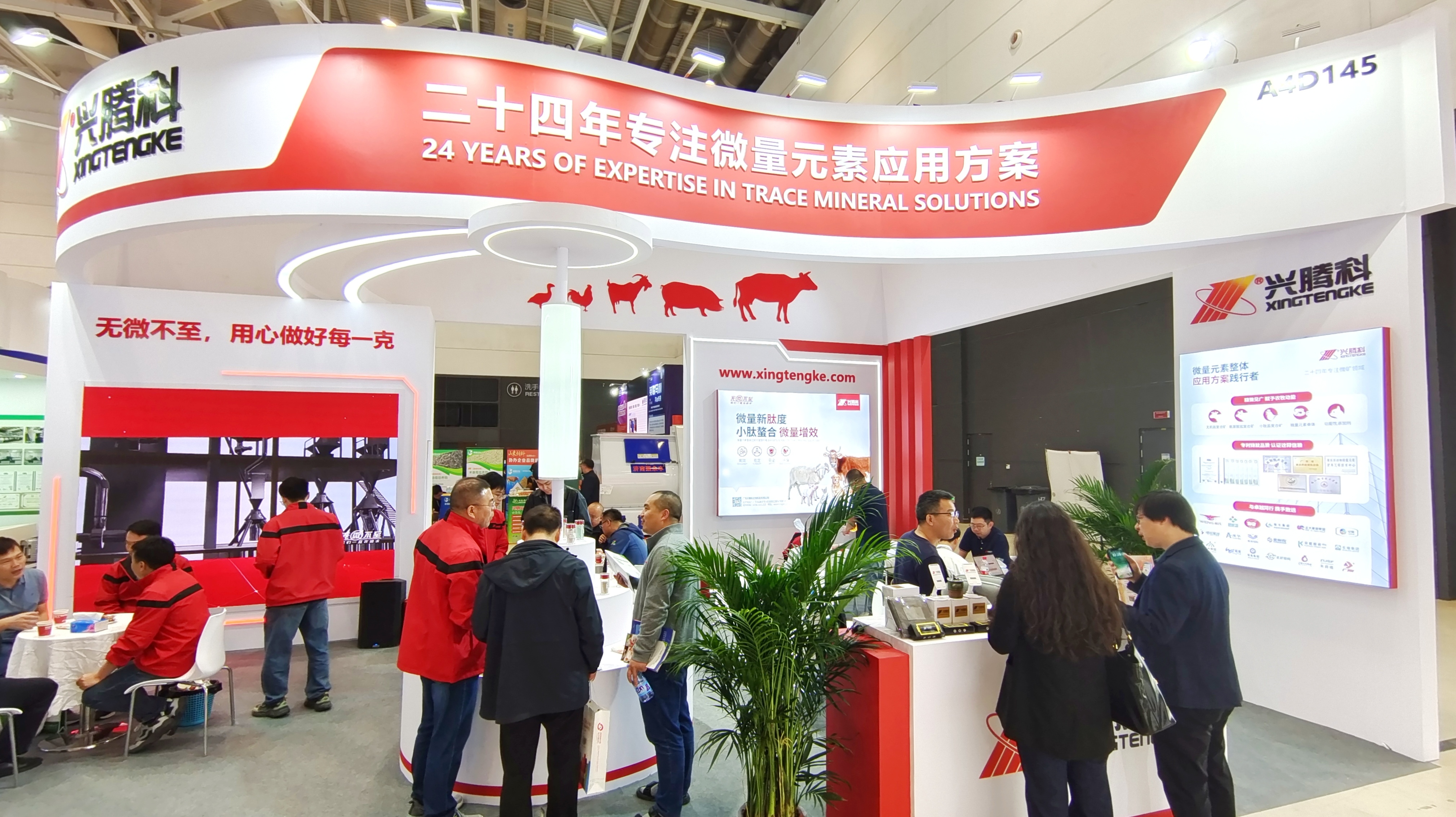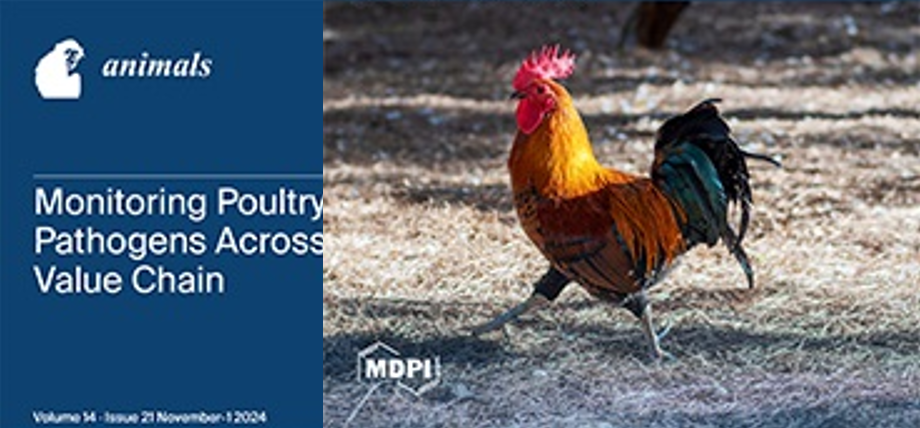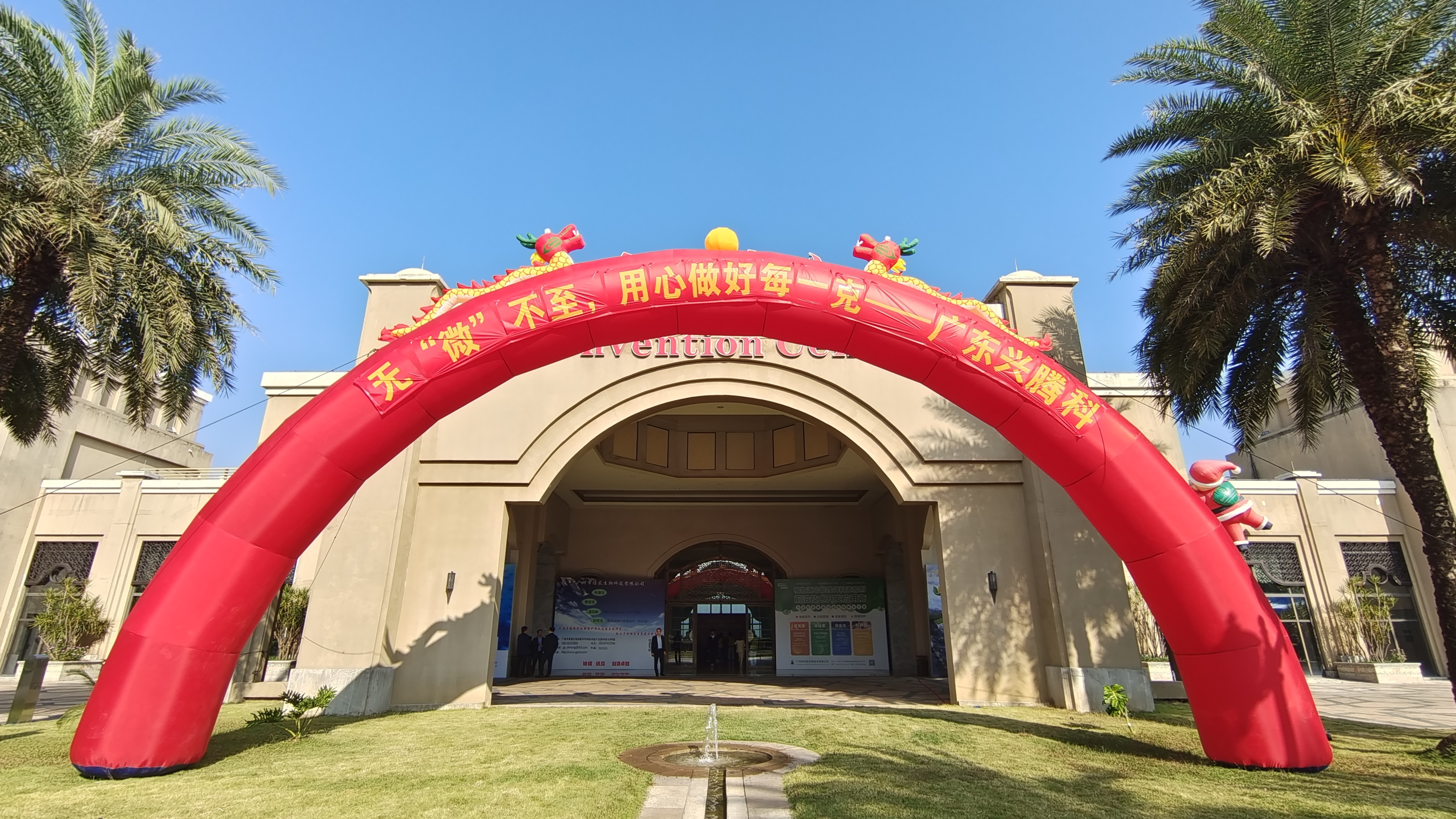Big news! A new breakthrough in the research on small peptide protein salts! The achievements of the project led by Xingtengke were published in the international journal "Animals".
Release time:
2024-12-12 14:48
Source:
Recently, Xingtengke, in collaboration with the College of Animal Science at South China Agricultural University, has achieved an important breakthrough in the applied research on small peptide protein salts for layer chickens. The research findings were published in the internationally renowned journal "Animals".
In previous studies, we found that when low-dose small peptide protein salts were used to replace inorganic multi-minerals added to the diet of layer chickens, it not only had no negative impact on the health and production performance of the layer chickens but also could significantly improve the quality of eggshells. Further exploring the mechanism, we discovered that small peptide protein salts could improve the histomorphology of the oviduct and uterus of layer chickens, increase the expression levels of genes related to eggshell deposition, and enhance the activity of enzymes related to carbonate transport in serum.

Article Abstract
These results indicate that small peptide protein salts can promote the deposition of minerals in eggshells by regulating the activity of related enzymes during the egg formation process and the physiological state of the oviduct and uterus, thus effectively maintaining egg quality and eggshell quality. This study has deepened our understanding of small peptide protein salts, provided a solid scientific basis for their application in poultry farming, and further promoted the development of precise nutrition strategies for poultry.

The quality of eggshells is of vital importance to the egg production industry. Trace elements have been proven to be related to the formation of eggshells. Compared with inorganic trace elements, organic trace elements have higher bioavailability. However, the impact of the dosage of organic trace element additives on the eggshell quality of commercial layer chickens during the laying period requires further research. This experiment aimed to explore the potential mechanism of different doses of small peptide chelated protein salts replacing inorganic elements on the remodeling of eggshell quality during the laying period of layer chickens. A total of 360 healthy hens (Roman Gray layer chickens, 45 weeks old) were randomly divided into four groups. The dietary treatments included a basal diet supplemented with commercial levels of inorganic iron, copper, zinc, and manganese (CON), a basal diet supplemented with 20% of the commercial level of small peptide chelated iron, copper, zinc, and manganese (LOT), a basal diet supplemented with 30% of the commercial level of small peptide chelated iron, copper, zinc, and manganese (MOT), and a basal diet supplemented with 40% of the commercial level of small peptide chelated iron, copper, zinc, and manganese (HOT).
The experimental results showed that the replacement of organic trace elements had no significant impact on the production performance of layer chickens (p > 0.05). Compared with inorganic trace elements, the MOT and HOT groups improved the structure of eggshells, increased the hardness and thickness of eggshells, increased the Haugh unit of eggs, reduced the proportion of the mammillary layer in eggshells, and increased the proportion of the palisade layer in eggshells (p < 0.05). In addition, the MOT and HOT groups also increased the activity of enzymes related to carbonate transport in blood, the expression of genes related to uterine shell glands (CA2, OC116, and OCX32), and the content of calcium and phosphorus in eggshells (p < 0.05). We also found that the MOT group could effectively reduce the excretion of elements in feces and enhance iron transport (p < 0.05). In conclusion, supplementing 30 - 40% of small peptide chelated trace elements in the diet can improve the eggshell quality of old layer chickens by regulating the activity of enzymes related to serum carbonate transport and the expression of genes related to eggshell deposition.
Related News









